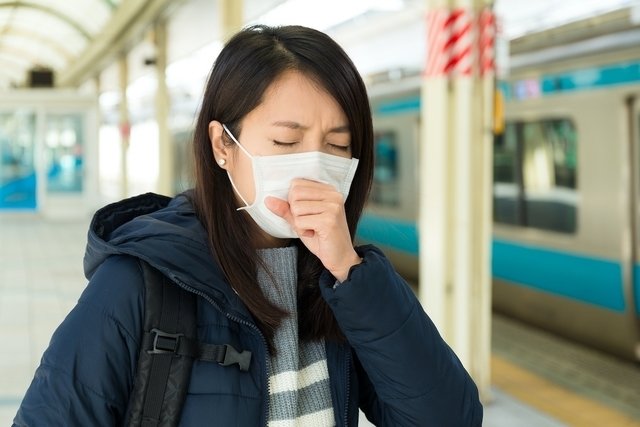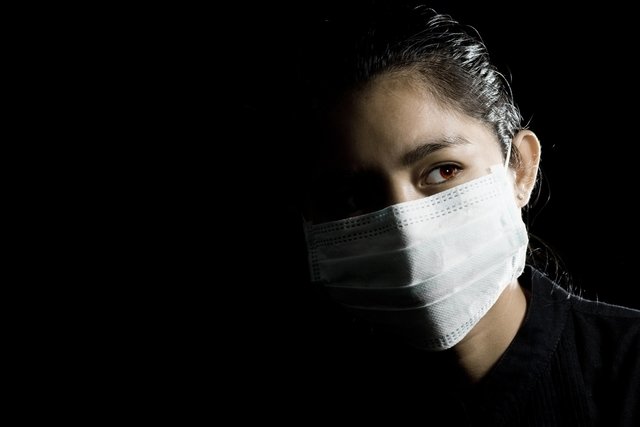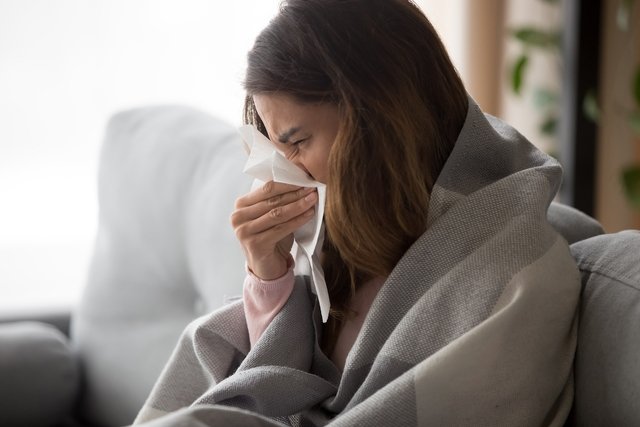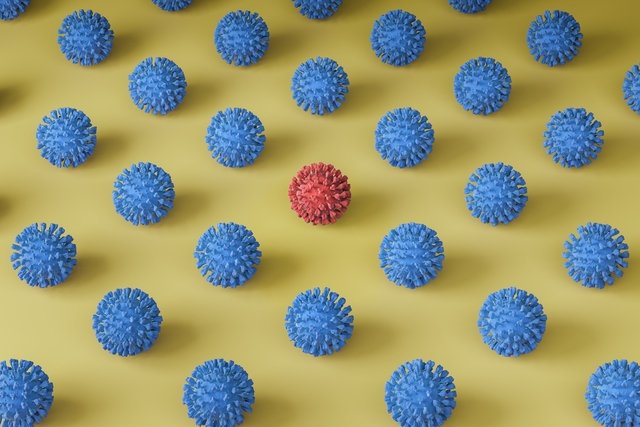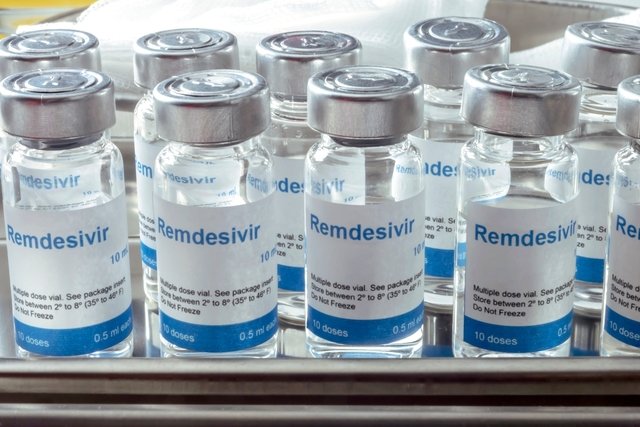Coronavirus in pregnancy: symptoms, possible risks and how to protect yourself
Coronavirus infection during pregnancy can occur at any week of pregnancy and normally causes the development of mild symptoms such as fever, general malaise and cough, being very similar to the flu. However, older pregnant women, those who suffer from obesity, who have other illnesses such as diabetes or high blood pressure, or who become […]
Continue Reading

